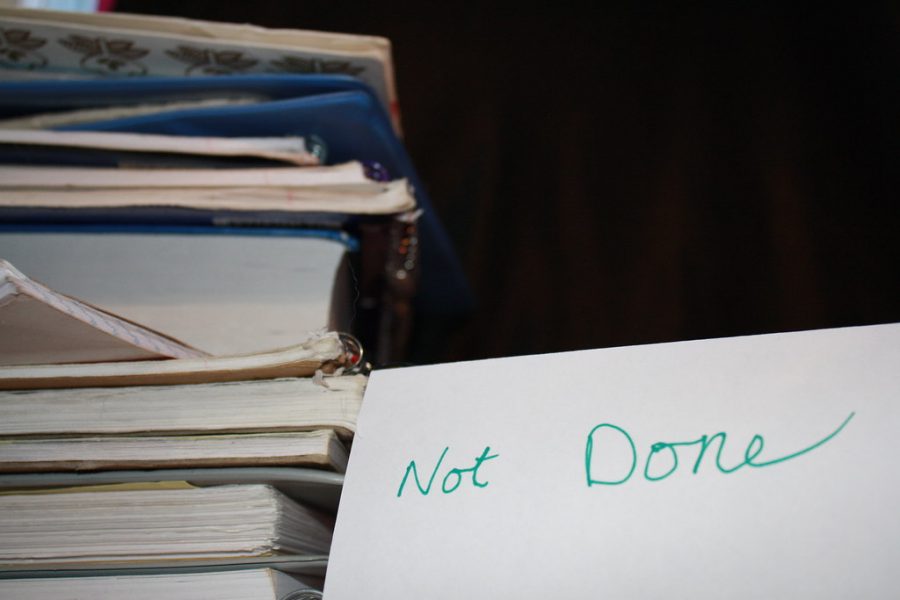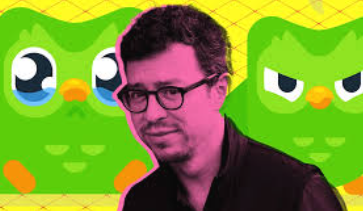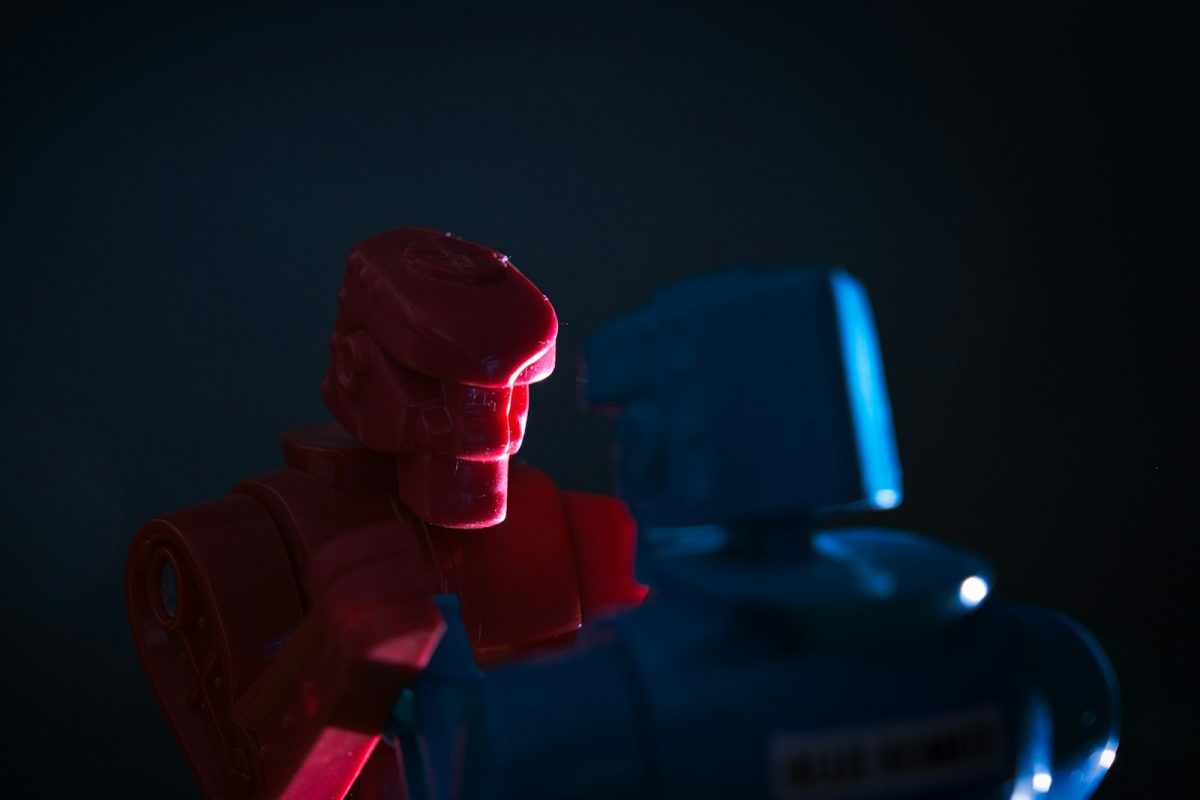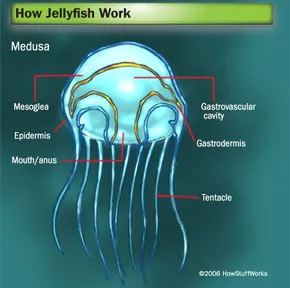Why we procrastinate
Why does your brain put off tasks?
The act of putting off a task you know you will have to do at some point in the future, or procrastination, is a fairly common habit among all people, students or adults. If you know that you need to do something, why not just do it? As it turns out, procrastination is much deeper than laziness or poor work ethic.
Procrastination is not something that happens because we’re lazy. Procrastination is the deliberate “putting back” of a task. Laziness can sometimes be seen as a personal choice or a behavior. Procrastination is something that is ingrained in our brains.
Procrastination has its roots in a conflict between two parts of our brain, the Limbic System and Prefrontal Cortex. The Limbic System is one of the oldest parts of the human brain. The age-old “fight-or-flight” is controlled by the Limbic System. Since it has been part of our brains for a very long time, it generally dominates decision making, making us do what feels better now. The Prefrontal Cortex is a newer portion of the brain, and is generally weaker. It is responsible for more complex thoughts and reasoning, such as personality, and long-term planning. Since the Limbic System is stronger, it generally wins, leading to procrastination, giving us what feels good now but not good in the long term.
While some people give the excuse “oh, I perform better under pressure”, the truth is that they don’t perform their best. Several studies have found procrastinators to have less stress at the beginning of the school year, but ended up with lower grades and higher stress at the end. The concept of “better under pressure” likely comes from, whether procrastinators know it or not, finishing whatever work they had impending.
As for stopping procrastination, there are many strategies that people use. Some of the most common ones include:
- Setting small, realistic, and easy to tackle goals for the near future
- Figure out what distracts you and eliminate it
- Make a plan and implement it. Then use a checklist to make sure you are carrying out you plan to its fullest.
Most importantly, remember that procrastinating does not label you as a lazy or useless person. Forgive yourself, and make a plan to do better next time.
RELATED STORIES:
Why You Procrastinate (It Has Nothing to Do With Self-Control) – The New York Times (nytimes.com)
Why Wait? The Science Behind Procrastination – Association for Psychological Science – APS
The real reasons you procrastinate — and how to stop – The Washington Post
Why we wait: the neuroscience of procrastination – Ness Labs
https://solvingprocrastination.com/how-to-stop-procrastinating/
TAKE ACTION:
https://solvingprocrastination.com/how-to-stop-procrastinating/















